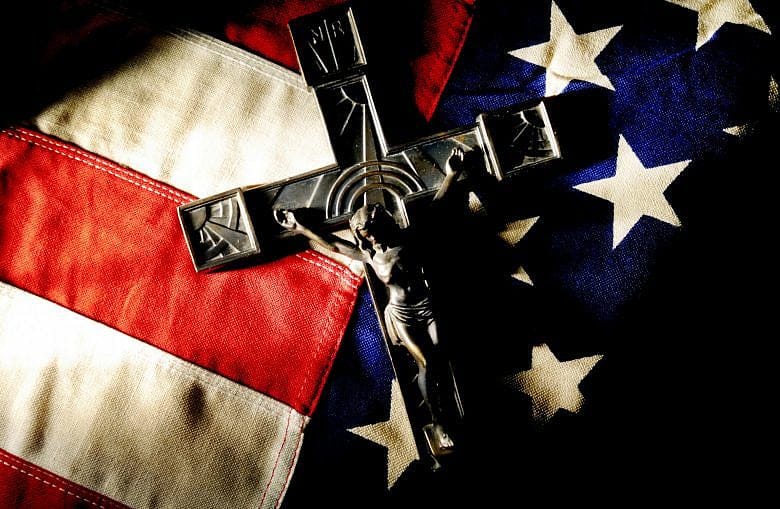The complex Catholic vote

Much has been made over the failed prognostications by pundits and pollsters this past election at the presidential level. One particularly fascinating epic "miss" was predicting how the "Catholic Bloc" would vote. The results of the 2016 election reveal, if anything, how difficult it is to measure the depths of voter sentiment — especially religious fervor — in a complex, continental country of 320 million Americans.
On August 30, a Washington Post story, "Donald Trump Has a Massive Catholic Problem," showed that Democrat Hillary Clinton was leading among Catholic voters by a margin of 27 percentage points (61 percent to 34 percent) over Republican Trump.

